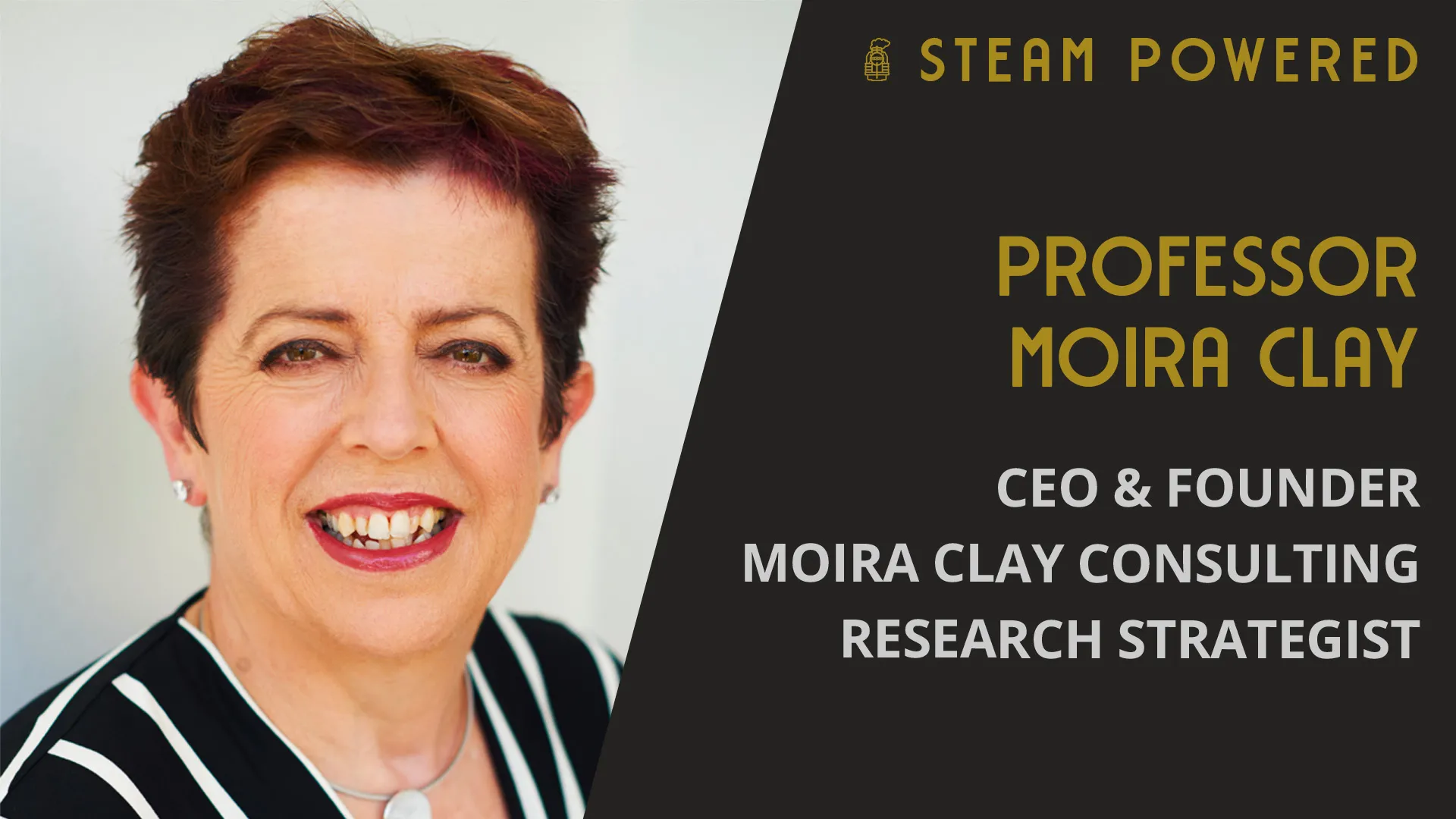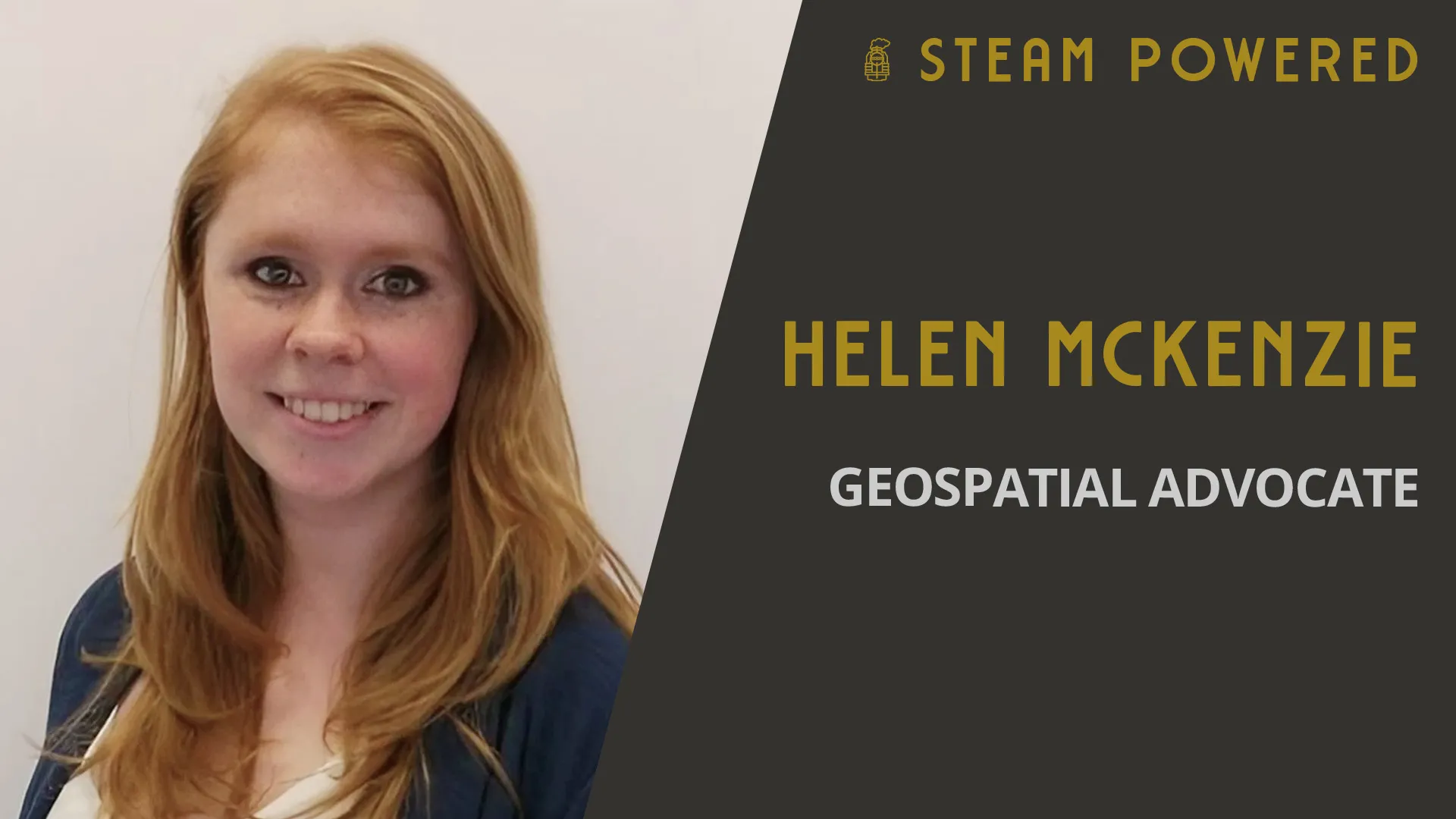Reinvention with humility & embracing innovation with Lan Tran
You have to pivot or reinvent yourself to stay relevant. This idea gets bandied about a lot these days but there are going to be times in your life and in business where it has to happen.
Lan Tran is a powerhouse in sales and marketing is no stranger to this concept. She has seen the decline of the paper business directory with the advent of Google ads, the challenges of returning to work after raising a family, and the devastating impact of crypto on a local metaverse game studio.
We speak about approaching reinvention with humility, and Lan's observations about innovation and entrepreneurship in tech and Western Australia.
About Lan Tran
Lan Tran’s career commenced in sales with Yellow Pages. She found her calling and thrived in facilitating businesses, corporates and government agencies around Australia to brand, market, and advertise themselves. Her time at Yellow Pages set her up with a strong foundation in Account Management, PR and Stakeholder Management. As the top 2% Sales Executive of the 900+ sales team across Australia, Lan was integral to her company’s annual strategic sales and marketing planning with senior leadership. Lan has worked across Australia and Asia leading sales teams and brings with her a wealth of contacts and proven strategies that lift an organisation to the next level.
Sales and marketing is a craft and an art form that continue to lead her into different businesses over the years that suited her lifestyle, which has included living and working overseas, a stint in recruitment, and a couple of years home-schooling her child prodigy.
As a skilled communicator that builds genuine and lasting relationships with ease, Lan joined Ninja Software and was responsible for quadrupling the revenue through strategic lead generation and securing industry partnerships. In the last 12 months, with Ninja’s pivot into a Web3 game studio, Lan quickly became the evangelist for metaverse possibilities and connections.
She is known in the tech industry as an absolute powerhouse in all aspects of sales, relationship building and marketing.
Unfortunately, due to a series of unfortunate circumstances (crypto winter and FTX crash) the company she was with went into administration a week before last Christmas. This is a raw conversation with Lan about what it means to be a woman in tech, and how she navigates through changes.
Lan has since been appointed as Chief Sales Officer at EXTAG.
- Twitter: @TranThuChi_Lan
- LinkedIn: https://www.linkedin.com/in/lantran-weareninja/
Listen to the Podcast
Listen on Apple Podcasts, Spotify, iHeartRadio, Amazon Music, Castbox, Deezer, Goodpods, Overcast, Pocket Casts, TuneIn, Blubrry, Podcast Addict, Podchaser, JioSaavn, RSS , and other podcast platforms.
Watch on YouTube
- [00:01:40] Lan's beginnings with communication studies.
- [00:02:12] Finding her way to sales.
- [00:03:24] Yellow Pages vs Google Ads: Embracing new technology.
- [00:08:46] Before: the dangers of moving too slowly; Now: the risk of moving too quickly.
- [00:10:44] Reinvention leads to progress.
- [00:12:01] Reinvention requires humility.
- [00:13:01] Reinvention after returning to the workforce after raising a child.
- [00:15:34] Meeting Ninja Software.
- [00:17:50] The attraction of a metaverse project.
- [00:19:27] The frustration with the hype around NFT and wanting a product with real utility.
- [00:20:36] The challenges of getting funding in tech in Western Australia.
- [00:21:32] Pivoting the entire business model of a company.
- [00:24:07] The opportunity to cultivate a pipeline for new industries locally.
- [00:27:13] We need to bang the drum for innovators out there to encourage growth in these sectors.
- [00:31:38] Don't let 'tall poppy syndrome' stop you.
- [00:35:29] The greatest loss is that of the potential to build a local communiy of talent and a pipeline for this industry.
- [00:37:16] Bonus Question: Which childhood book holds the strongest memories for you?
- [00:39:01] Bonus Question: What advice you would give someone who wants to do what you do? Or what advice should they ignore?
Connect with Us
- @steampoweredshow
- @steampoweredshw
- @steampoweredshow
- @steampoweredshow
- @steampoweredshow
- @steampoweredshow
- steampoweredshow
Support STEAM Powered
Review Us
Please leave us a review on Apple Podcasts, Spotify, GoodPods, Podchaser, or your preferred podcatcher.
Become a Patron
Affiliate Programs
Start your own podcast or YouTube channel, or run panels and seminars with
Riverside.fm. Record up to 8
people in a session with up to 1000 audience members. You can record in advance
as I do, or you can livestream with the option to send it straight to Facebook,
Youtube, Twitter, or Twitch. There’s even a green-room for guests and live call
in for audience members. Afterwards, get separate video (up to 4K) and audio (up
to 48kHz) tracks per recorded participant for editing, none of that “active
speaker only” limitation. You know you’re in good hands with a service whose
client-base includes some heavy-hitters. Check out
Riverside.fm to see who else is on
board. Use promo code STEAM25 to get 25% off the first three months of your
subscription.
Music is “Gypsy Jazz in Paris 1935” by Brett Van Donsel.

